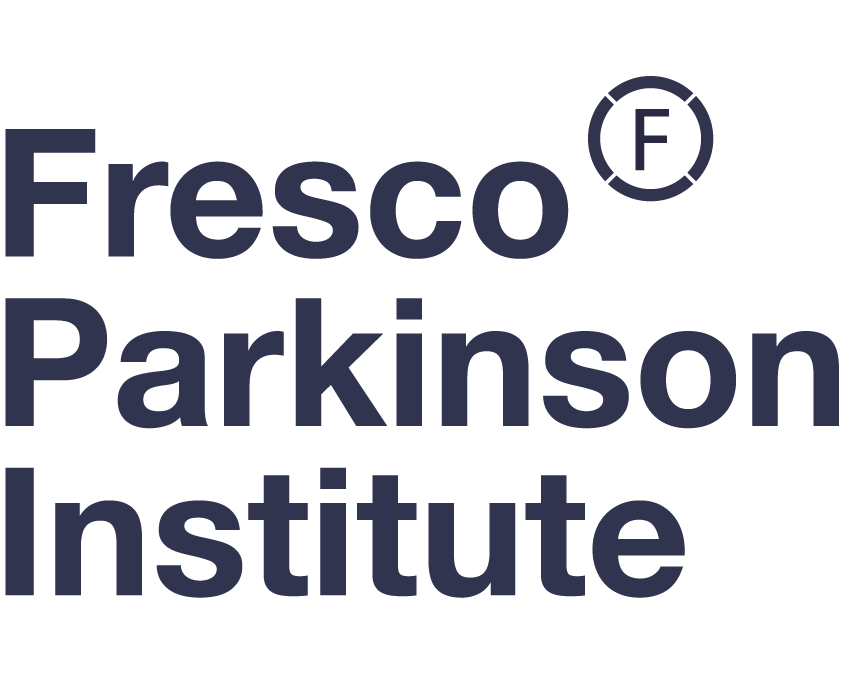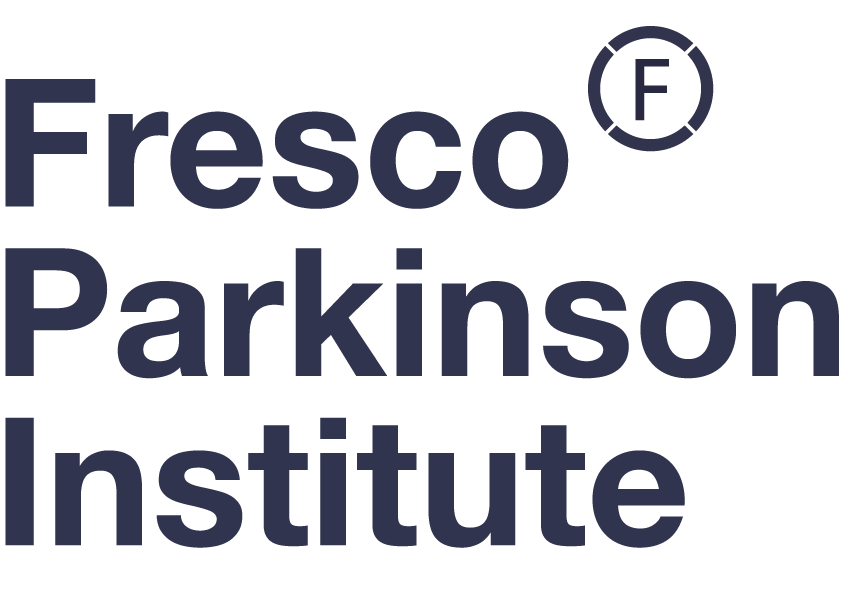Statute
TITOLO I
– NAME
– REGISTERED OFFICE
– DURATION
– OBJECTS OF THE FOUNDATION
Article 1 | Name and duration
A Foundation is hereby incorporated under the name of “Fresco Parkinson Institute Italia – O.N.L.U.S.”, and in English “Fresco Parkinson Institute Italy – non-profit organization O.N.L.U.S.”, in short form “Fresco Parkinson Institute – O.N.L.U.S.”. The foundation is established under private law, in accordance with the civil code, operating as a non-profit organization of public benefit, as established by the legislative decree December 4th 1997, n. 460. It complies with the principles and legal framework of the Foundation, regulated by the Civil Code.
The Foundation shall use, following the recording in the competent civil registry of non-profit organizations, both as its name and as its distinctive sign and communication toward the public, the definition “non-profit organization of public benefit”, or the acronym “ONLUS”.
The Foundation has unlimited duration.
Article 2 | Registered office
The Foundation has its registered office in Via Sant’Apollinare 10, 50014 Fiesole, Italia.
The bodies of the Foundation may establish headquarters, branches and offices in Italy and abroad, in order to perform auxiliary activities and activities related to the promotion, development and growth of the activities of the Foundation itself.
Article 3 | Objects of the Foundation
The foundation is non-profit and it seeks solely to achieve social solidarity in the field of:
A) Scientific research of particular social interest, as identified by the Presidential Decree March 20th 2003, n. 135, and subsequent modifications and integration, through the performance of research activities for the prevention, diagnosis, treatment and rehabilitation of all the diseases and dysfunctions of the human body related to the Parkinson’s disease, Movement Disorders and similar diseases.
B) Support for medical research, prevention, diagnosis, treatment and rehabilitation of all the diseases and dysfunctions of the human body related to the Parkinson’s disease, Movement Disorders and similar diseases, in order to promote physical, mental, and social well-being.
C) Education, training and dissemination as identified by the Presidential Decree March 20th 2003, n.135, and subsequent modifications and integration, through meetings, conventions, conferences, training courses, study and research programmes for the knowledge, diagnosis and treatment of the Parkinson’s disease, Movement Disorders and similar diseases.
The Foundation focuses on the promotion and dissemination of scientific research.
The Foundation pursues its statutory object also through projects and initiatives proposed by bodies having the same social utility and solidarity aims, and in particular with the New York University Langone Medical Center – Fresco Institute, based in New York.
The Foundation aims to perform its activity throughout the national territory and abroad, in particular in the United States of America and in the State of New York.
TITLE II
MEMBERS OF THE FOUNDATION
Article 4 | Founding members
The Founding members are the persons who have signed the Deed of Foundation.
TITLE III
BODIES OF THE FOUNDATION
Article 5 | Bodies of the Foundation
The bodies of the Foundation are:
- the Board of Directors;
- the Chairperson;
A Board of Statutory Auditors, made by a sole member or multiple members, can be appointed.
Article 6 | Founder
The Founder “Fondazione Paolo e Marlene Fresco – ONLUS” has the responsibility of appointing the members of the Board of Directors and, if present, the Board of Statutory Auditors, within the limits of its power.
In the event of termination of the Founder, the latter will be replaced by the Subject to which the whole assets shall be donated.
Article 7 | Board of Directors
The Foundation is managed by a Board of Directors, made up of an odd number of members between three and eleven, that remains in office for the duration set by the Founder at the time of the appointment, but in any case for a maximum period of three year. The members may be re-elected.
Should one or more directors leave office during their mandate, the founder is in charge of the appointment of the replacement candidate. The new members remain in office for the same period as those in office at the time of their appointment.
The Board shall elect among its members the Chairperson, if the Founder has not already done so at the time of the appointment, a possible Deputy Chairperson and the Secretary.
The Board of Directors is vested with the broadest powers for the Foundation’s ordinary and extraordinary administration.
In particular, the Board of Directors:
- shall set the guidelines of the Foundation activities, and it shall arrange or execute its programs;
- shall prepare the budget for the following year within October 31stof each year;
- shall prepare the balance-sheet of the previous year, that will show the assets, economic and financial situation of the Foundation, making a distinction between institutional activities and directly related activities,within March 31stof each year;
- shall manage the Foundation’s assets;
- may issue regulations for the Foundation’s activities;
- may appoint scientific committees, steering committees and any other body that is considered necessary for the Foundation’s activities, establishing their duties and possible remuneration;
- shall resolve on the modifications of these Articles of Association to be approved by the competent governmental authority, with the exception of the object defined by the Founders and of the disposition of the assets for this object, assigned initially and subsequently.
It may also delegate part of its powers, for single acts or precise categories of acts, to one or more Executive Directors, possibly establishing an Executive Committee and determining their remuneration.
Article 8 | Notice of Board Meetings and their Functioning
The convening of the Board of Directors is made by the Chairperson by any means capable of proving its reception at least five days before the meeting. In cases of urgency, the deadline for sending the invitation shall be reduced to two days. The invitation shall list the indication of the agenda, the place, the date and time of the meeting, as well as the possible urgency reasons. In the case that no place is indicated, the meeting is meant to take place at the registered office of the Foundation.
The Board of Directors may resolve even in the absence of the above-mentioned formalities, in the presence of all Directors and of at least one representative of the Board of Statutory Auditors, if the latter has been appointed.
Meetings may be attended via telecommunication devices such as teleconference and video-conference, provided that all attendants can be identified by the Chairperson, and that they are enabled to follow the discussion and intervene in real time on the matters debated, that they are able to exchange the documents related to such matters, and that all the above matters are certified in the minutes.
The Board is validly convened when the majority of its Members are present and it shall validly deliberate with open voting and with the favorable vote of the absolute majority of those present, unless specified otherwise. In the event of a tie, the Chairperson has the casting vote.
Article 9 | Chairperson
The Chairperson is in charge of chairing the Board of Directors, coordinating their activities.
The Chairperson has the power of legal representation of the Foundation before third parties and in court. They are in charge of the execution of the resolutions of the Board; the coordination of the Foundation’s activities; signing every act authorized by the Board itself. In case of urgency, the Chairperson can exercise the powers of the Board of Directors, reporting it promptly to the latter, and in any case in the following meeting. In the case of their absence or impediment, their functions shall be carried out by the Deputy Chairperson if appointed.
Article 10 | Board of Statutory Auditors – Optional body
The Board of Statutory Auditors, appointed by the Founder, is in charge of ensuring compliance with the law and with these articles of Association, as well as the soundness of the economic and financial management of the Foundation, by drafting an annual report on the occasion of the approval of the balance-sheet.
It can be made up of a sole member or multiple members, at the option of the Founder. In any case, it is made up of three members with the same professional skills, registered in the Auditors’ Register.
The Board of Statutory Auditors remains in office for three years and its members may be re-elected.
TITLE IV
FOUNDATION’S ASSETS
Article 11 | Foundation’s assets
The foundation’s assets are made up of:
- the initial allocation;
- the movable or immovable goods, received by the Foundation for any reason, assigned to the assets;
- donations from private individuals or bodies with explicit indication to increase the assets.
- active economic results of the management to be channeled into the increase of the assets by resolution of the Board of Directors.
Article 12 | Economic Resources
The Foundation draws the economic resources for its functioning from:
- the net returns of its assets;
- the fees for institutional activities and directly related activities;
- donations from private individuals or bodies, that are not explicitly allocated to increase the assets.
- any operating surpluses that are not allocated to the assets and contributions that are not destined to increase the assets.
Article 13 | Financial Statements
The financial year shall begin on January 1stand end on December 31stof each year.
Within November 30thof each year, the Board of Directors shall approve the budget for the following year.
Within April 30thof each year, the Board of Directors shall approve the balance sheet of the previous year, that will show the assets, economic and financial situation of the Foundation, making a distinction between institutional activities and directly related activities.
Any operating surpluses that are not allocated to the Foundation assets, shall be allocated only to the institutional activities of the Foundation. It is forbidden to distribute, even indirectly, profits or surpluses to members,as well as funds, reserves or capital.
TITLE V
DISSOLUTION AND LIQUIDATION
Article 14 | Devolution of the Foundation’s Assets
In the case that the Foundation is dissolved, the residual assets shall be allocated to the Fondazione Paolo e Marlene Fresco S.p.a. or, in its absence, to other non-profit organizations with public benefit having objects similar to the ones of the Foundation with aims of public benefit, after consulting the Board of Statutory Auditors, as provided by the law December 23rd1996, n. 662, art. 3, c. 190.
TITLE VI
GENERAL PROVISIONS
Article 15 | General Provisions
The provisions of the Italian Civil Code and the specific Laws on the subject shall be referred to for whatever is not expressly provided for in these articles of association.
Signed by Paolo Fresco
Signed by Filippo Russo, Notary, in witness whereof my seal is affixed



